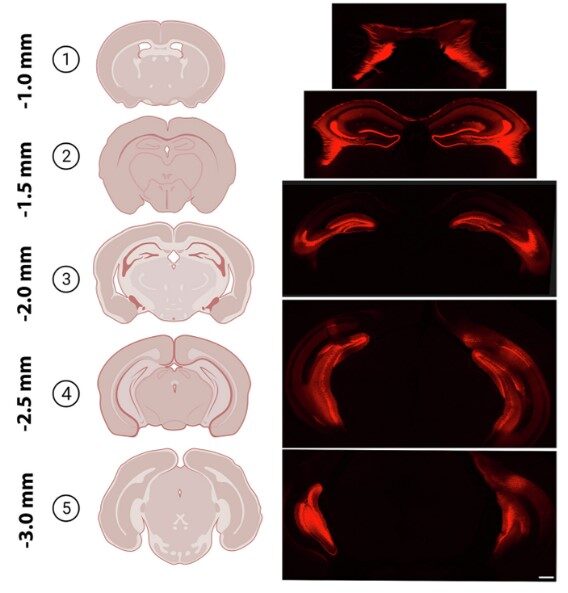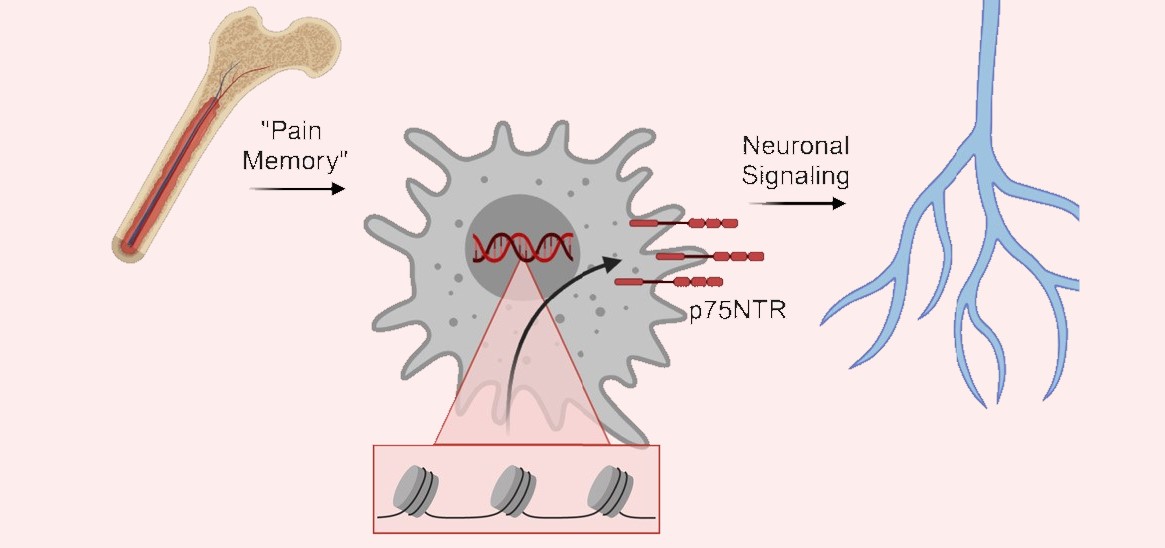Potential Value of Steroid Treatment for Status Epilepticus May be Sex-Dependent
Research By: Kimberly Kraus | Steve Danzer, PhD
Post Date: January 23, 2023 | Publish Date: Jan. 23, 2023
Anesthesiology | Top Scientific Achievement


Status epilepticus is a life-threatening neurological condition in which continuous seizures can persist for hours, days and even weeks. The condition is associated with a striking increase in circulating corticosteroids, however, whether this increase is pathological, unimportant, or even beneficial, is not clear.
Now, in a study in mice, experts at Cincinnati Children’s report that the severity of status epilepticus can be controlled by reducing the number of glucocorticoid receptors (GRs) in certain brain cells. By directly knocking out glucocorticoid receptors in brain regions associated with seizures, the investigators isolated brain-specific effects of corticosteroids. They also found that the roles GRs play during status epilepticus change as time passes and may depend upon the sex of the patient.
The study was led by first author Kimberly Kraus, PhD, and corresponding author Steve Danzer, PhD. Six other colleagues from Cincinnati Children’s and the University of Cincinnati were co-authors. The team was surprised by the variations they found.
“For both male and female mice, the onset of mild behavioral seizures was accelerated by GR knockdown. In contrast, GR knockdown delayed the onset of more severe convulsive seizures and reduced risk of death in male mice,” Danzer says.
Status epilepticus affects about 20 per 100,000 children per year, with mortality rates reaching up to 30%. Currently, children with SE are often treated with barbiturates or benzodiazepines, but a hunt for safer treatments continues.
“Although numerous glucocorticoid receptor antagonists and modulators are in preclinical development, much more study is needed to determine if these agents would be safe and effective for treatment of status epilepticus in humans,” Danzer says. “But even if potentially limited to males, clinicians need more options because so many patients with SE do not respond to initial treatment.”
| Original title: | Hippocampal glucocorticoid receptors modulate status epilepticus severity |
| Published in: | Neurobiology of Disease |
| Publish date: | Jan. 23, 2023 |
Research By


The primary goal of our research program is to understand how the normal brain becomes epileptic.






